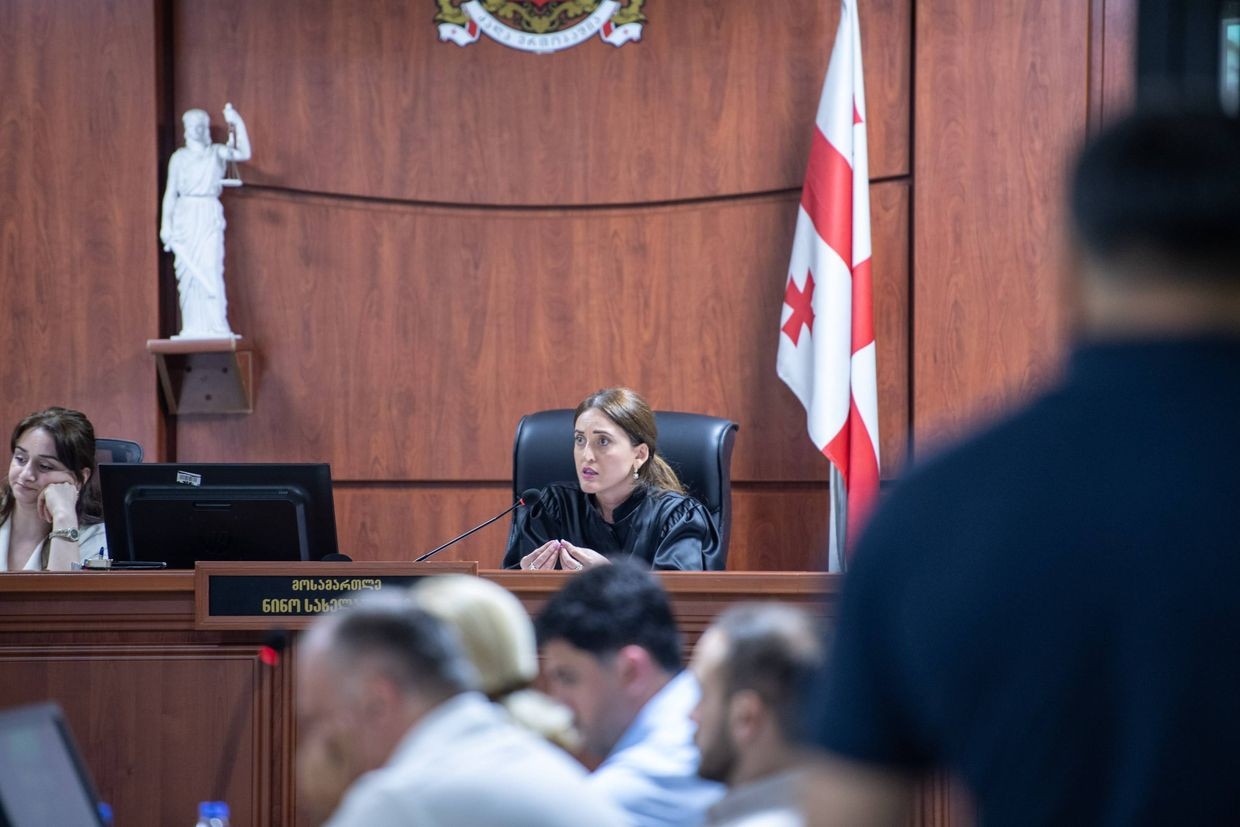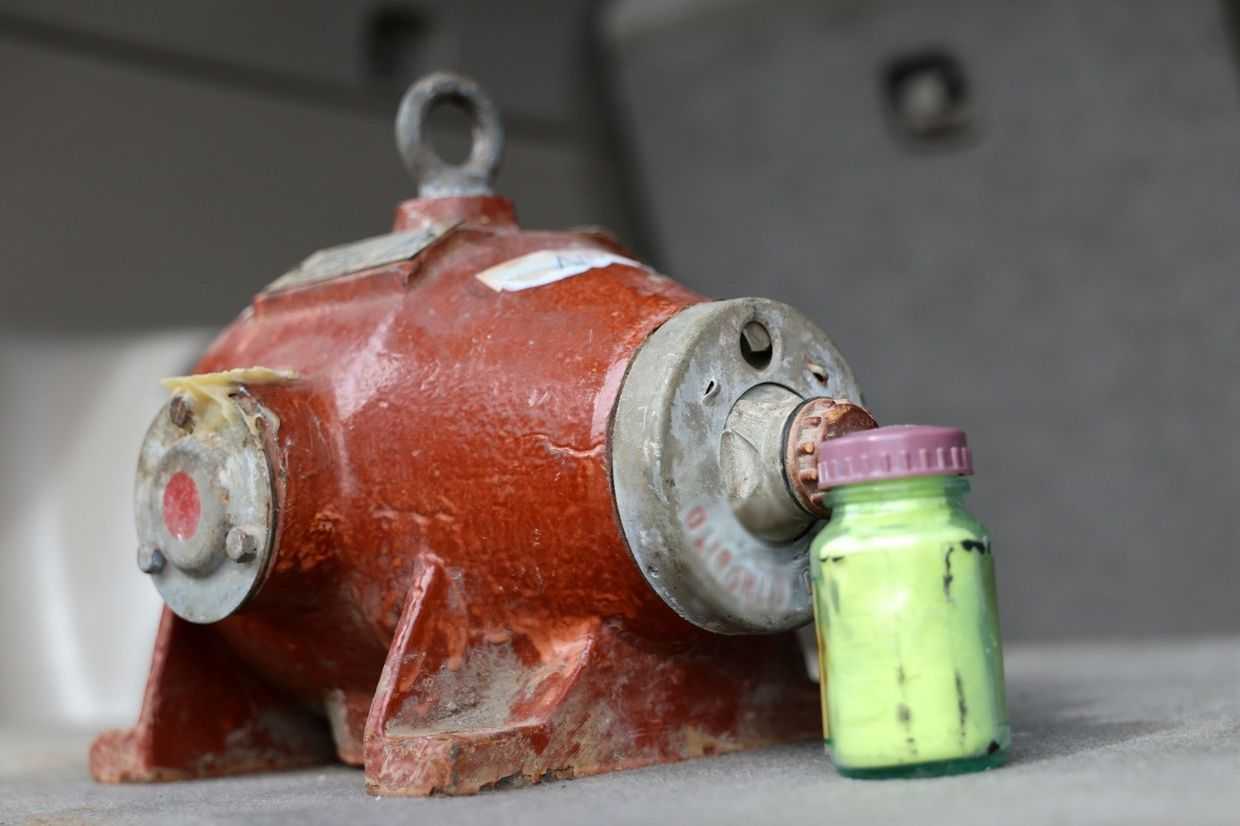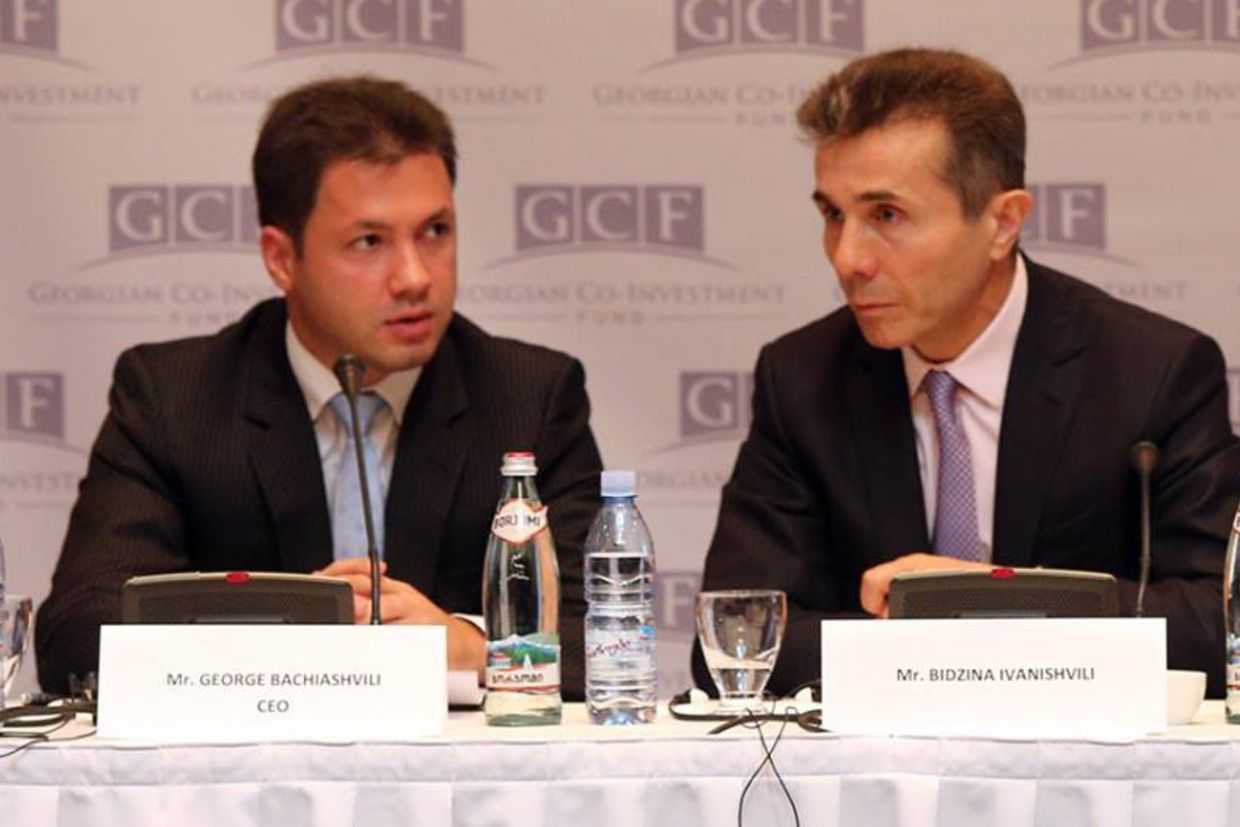
Georgian Dream has initiated a new bill to severely restrict media coverage of court trials. At the same time, the ruling party has proposed doubling the salaries of judges.
According to a recently proposed draft law, filming will be prohibited inside court buildings — including courtrooms and hallways, as well as courtyards.
The only exceptions will be for court employees or individuals authorised by the court. It will then be up to the court to decide whether specific footage can be released in accordance with the law.
If a third party wishes to record video or audio of a court proceeding, they must submit a formal motion to the court, justify the need for the recording, and may only be granted that right if the judge approves the request.
According to the existing law, the confiscation of personal belongings — including mobile phones and computers — from individuals who have entered the court building in accordance with established procedures, is prohibited. The new legislation will remove this prohibition.
The ruling party introduced the draft law amid the ongoing trials of individuals arrested during anti-government protests in Georgia — hearings that are being widely covered by independent media and those critical of the government.
Restrictions on recording in court are not new: in 2007, they were imposed by the then-ruling United National Movement (UNM). However, the restrictions were lifted under Georgian Dream’s rule in 2013.
An increase in judges’ salaries
Under the same amendments, the monthly salaries of city, district, appellate, and supreme court judges would also be doubled.
According to changes first reported by RFE/RL, each judge’s salary would exceed ₾10,000 ($3,700) per month, as there would no longer be fixed salary caps — instead, their pay would be determined based on a base-position allowance multiplied by a coefficient set for each judicial position.
The raise would also apply to judges under international sanctions for undermining the rule of law in Georgia and engaging in corruption. Among them are Levan Murusidze and Mikheil Chinchaladze, who have been accused of being closely allied with the ruling Georgian Dream party.
Both domestic and international observers have repeatedly raised concerns about the Georgian judicial system, viewing it as an institution subject to government influence.
These concerns have become particularly pronounced amid ongoing court proceedings against protesters and opposition figures, where numerous opponents of Georgian Dream have been arrested or fined on various charges that critics consider sham trials aimed at silencing them.











